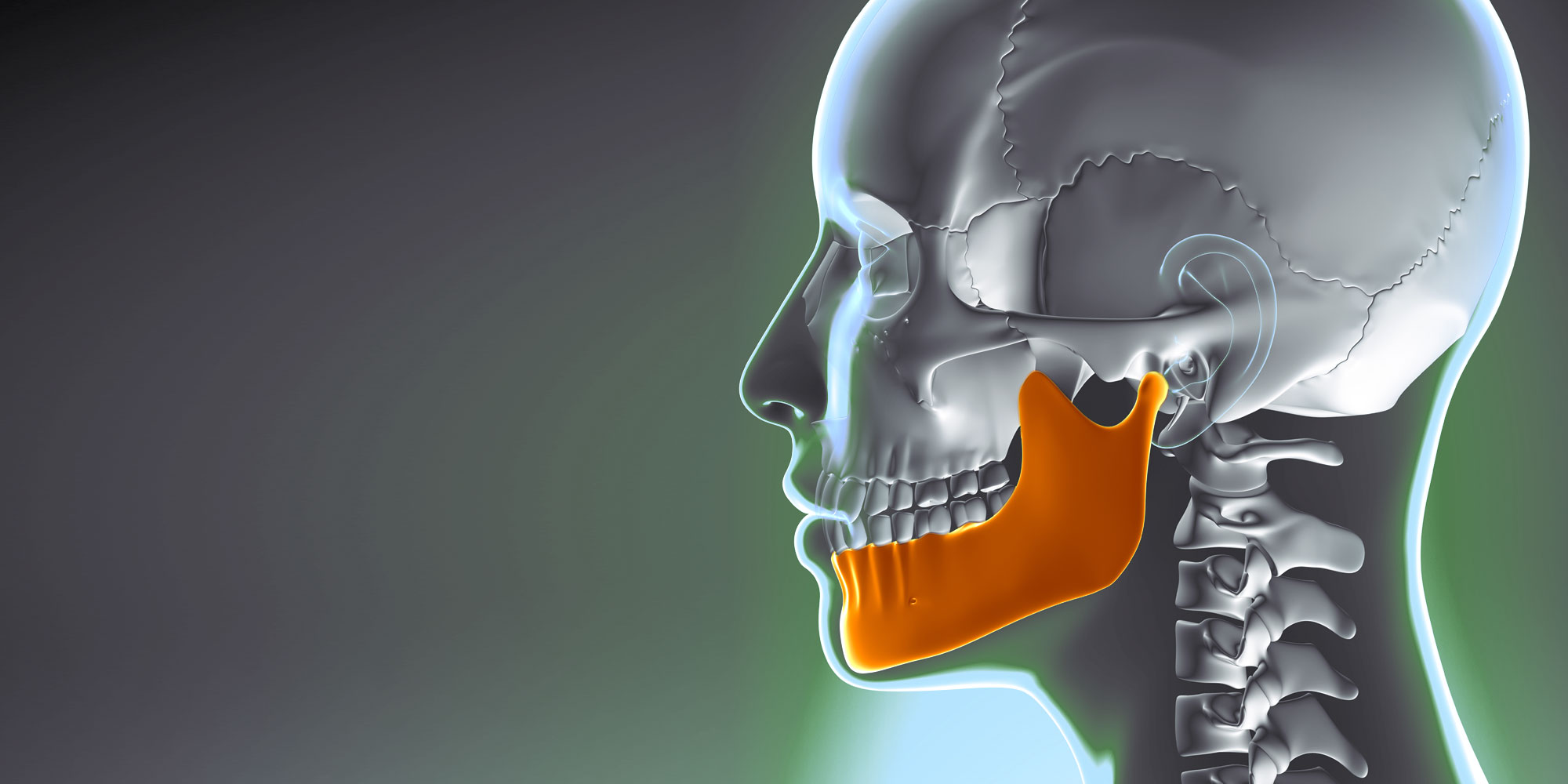
Suppose you’re struggling with discomfort or self-consciousness because of a decayed or missing tooth. In that case, Watson Dental Care is here to help with our restorative oral surgery, also known as maxillofacial surgery services. We aim to provide comprehensive solutions that address your concerns and improve your oral health and function.
At our state-of-the-art facility, our experienced dentists prioritize your comfort and safety. Using advanced technology, we perform a range of surgical treatments focusing on minimally invasive and efficient procedures. We aim to help you regain confidence and enjoy a healthy, pain-free life.
We understand that the prospect of oral surgery can bring about nervousness and apprehension, which are entirely normal. However, our team is extensively trained in the latest techniques to make your surgery as minimally invasive as possible.
Your comfort and well-being are our top priorities at Watson Dental Care in Orlando, FL. We take additional measures to ensure you feel at ease throughout your appointment. We aim to foster a relaxed and calm environment, enabling you to undergo your procedure with confidence and peace of mind.
Tooth extractions, a routine oral surgery procedure, are performed right in our office. Our team will gently remove the tooth during the tooth extraction procedure, minimizing disturbance to the surrounding bone and gum tissue. With our expertise and precision techniques, we strive to make the tooth extraction process as efficient and comfortable as possible.
Wisdom teeth extraction is a standard procedure to remove one or more of the third molars at the back of your mouth. These teeth often cause pain, infection, or alignment problems because they lack sufficient space to grow properly. An oral surgeon typically performs the extraction under local or general anesthesia, ensuring minimal discomfort. Patients may experience swelling and mild discomfort post-surgery, but recovery generally occurs within a few days to a week.
Bone grafting is a specialized treatment to replenish bone levels in the jaw, often necessary due to ongoing bone loss caused by missing teeth. During the procedure, bone is sourced from the patient or a donor and placed at the site of bone resorption to support dentures or dental implants. Following placement and suturing, the area requires several months to heal and allow integration between the bone grafting material and jawbone.
Dental implants are a permanent solution for replacing missing teeth. They consist of a post, abutment, and restoration. The implant post is surgically placed into the jawbone to provide a sturdy anchor for a new tooth or teeth. Advanced techniques, such as CT-guided technology, ensure precise placement during modern dental implant surgery. Immediate loading of a temporary restoration may be an option for eligible patients, enhancing the efficiency of the treatment process.
A sinus lift is a surgical procedure that adds bone to the upper jaw in the area of the molars and premolars to prepare for dental implants. This procedure is necessary when the natural bone height is insufficient due to bone loss or the proximity of the sinus cavity. During the surgery, the sinus membrane is lifted, and a bone graft is placed to increase the height and width of the jawbone. Recovery typically takes several months, allowing the grafted material to integrate with the existing bone and ensuring a stable foundation for dental implants.
Ridge augmentation corrects deformities or defects in the jawbone’s ridge. It involves adding bone graft material to the area where the bone is deficient, typically due to tooth loss or trauma. This procedure helps to rebuild the bone structure, providing a more stable foundation for dental implants or improving the aesthetics of the jawline. Ridge augmentation is often recommended to enhance the function and appearance of the teeth and surrounding tissues.
Impacted canines refer to teeth that cannot erupt properly into their correct position in the dental arch. This condition commonly affects the upper canines and can result from overcrowding or obstacles blocking their path, such as other teeth or abnormal growths.
Treatment typically involves an orthodontic intervention to guide the impacted canine into its proper place or surgical exposure and bonding to assist its eruption. Addressing impacted canines promptly is crucial to prevent complications like misalignment, damage to neighboring teeth, or cyst formation.
